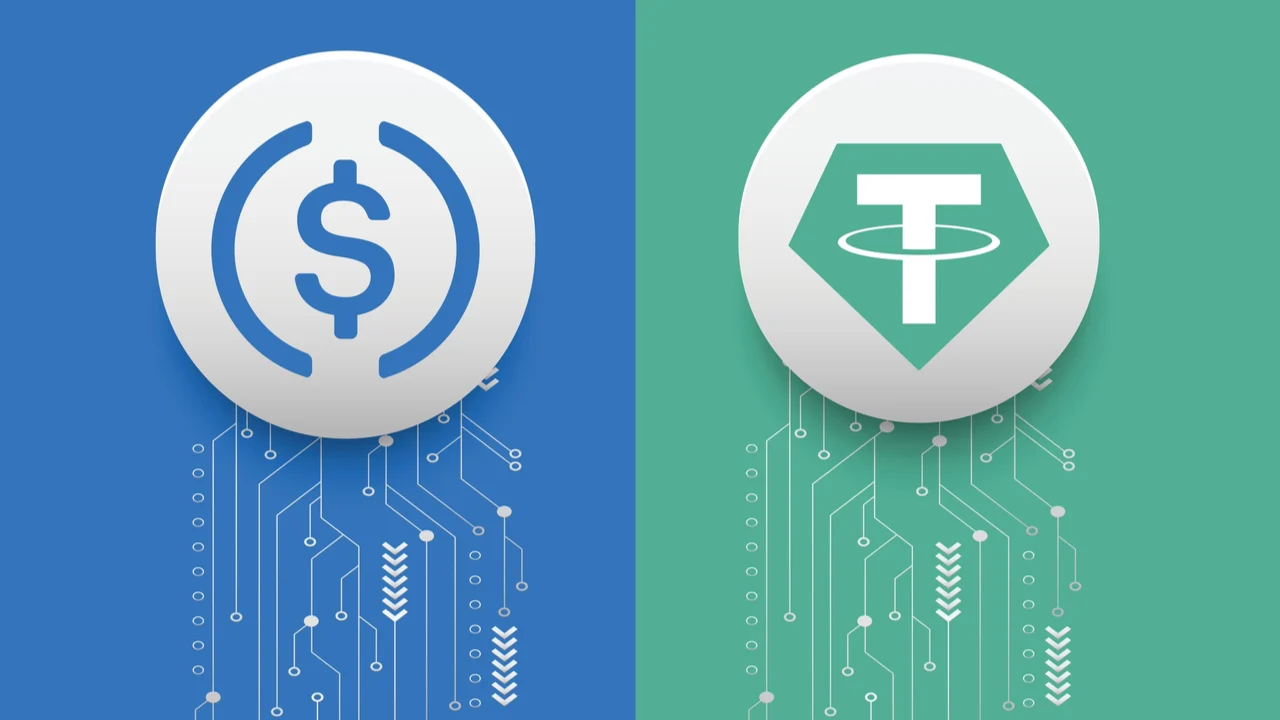The crypto landscape is seeing varied responses from its major stablecoin issuers, Tether and Circle, as they navigate the murky waters of international regulatory frameworks. Circle is actively seeking clearer directives from U.S. lawmakers and advocates for a unified global regulatory standard. In stark contrast, Tether, which primarily operates outside the U.S., is proactively collaborating with law enforcement worldwide to combat fraud and money laundering.
Circle’s strategy hinges on influencing U.S. policy to achieve international regulatory alignment, which Dante Disparte, the company’s head of global policy, views as essential to prevent the balkanization of the industry. Tether, on the other hand, views its operations through the lens of the Eurodollar, functioning outside the U.S. jurisdiction, and thus tailors its compliance efforts to suit diverse international standards.
Proactive Crime Fighting vs. Legislative Advocacy
The strategies of both companies reflect their operational focuses and market perceptions. Circle, maintaining a compliance-first stance, emphasizes the need for global cooperation among regulators to establish consistent rules across borders. This approach aligns with their goal of integrating crypto within the traditional financial system smoothly.
Tether, however, adopts a more hands-on approach, especially in emerging markets and less regulated regions. They have extended their cooperative efforts to include working directly with various international law enforcement agencies, including the FBI and the Department of Justice, to tackle criminal activities swiftly. Paolo Ardoino, Tether’s CEO, stresses the importance of rapid response to criminal threats, highlighting the challenges of slow judicial processes that hinder timely intervention.
Resilience Amid Financial Uncertainty
Both firms have faced their share of challenges, particularly highlighted during the collapse of the Terra ecosystem, which starkly impacted the broader crypto market. Circle and Tether’s responses to such crises further illuminate their differing philosophies and operational tactics. While Circle advocates for compliance with existing financial regulations to safeguard users, Tether focuses on rapid tactical responses to maintain stability and user trust during market turmoil.
The resilience of these companies amid regulatory and market challenges points to the evolving nature of the cryptocurrency sector, where adaptation and proactive engagement with both traditional financial systems and innovative approaches to compliance and security are crucial.
